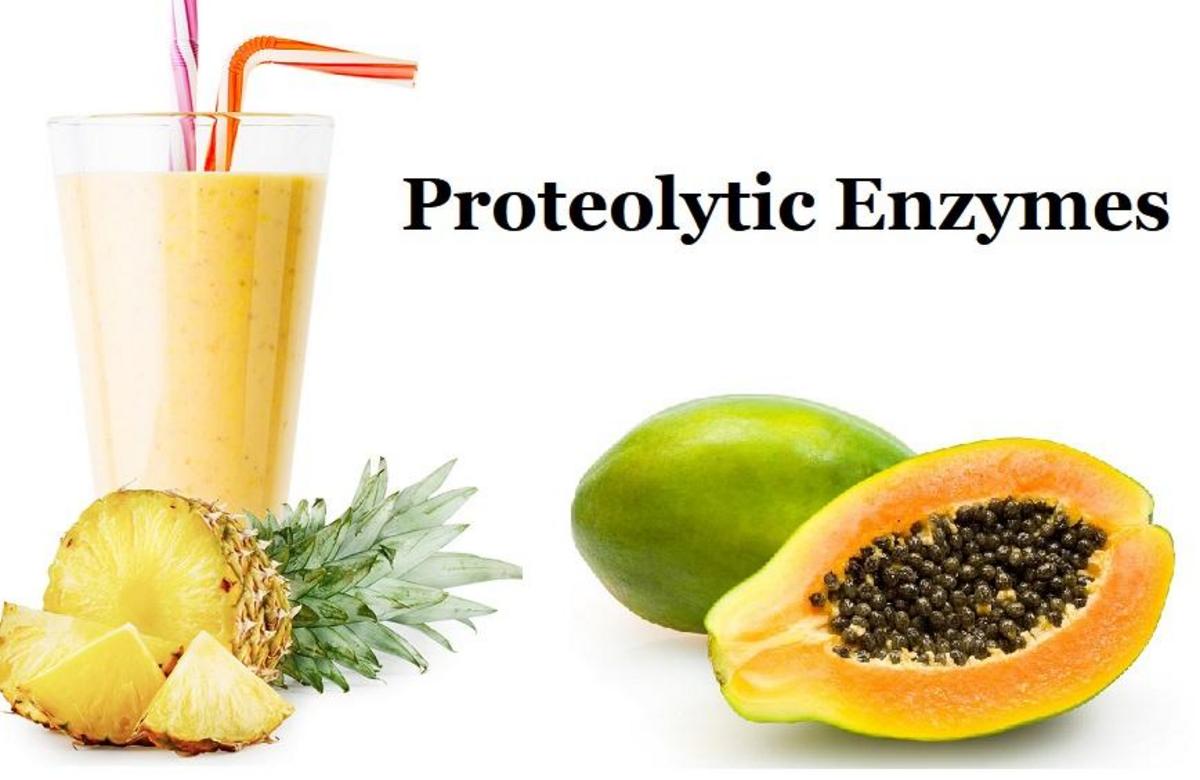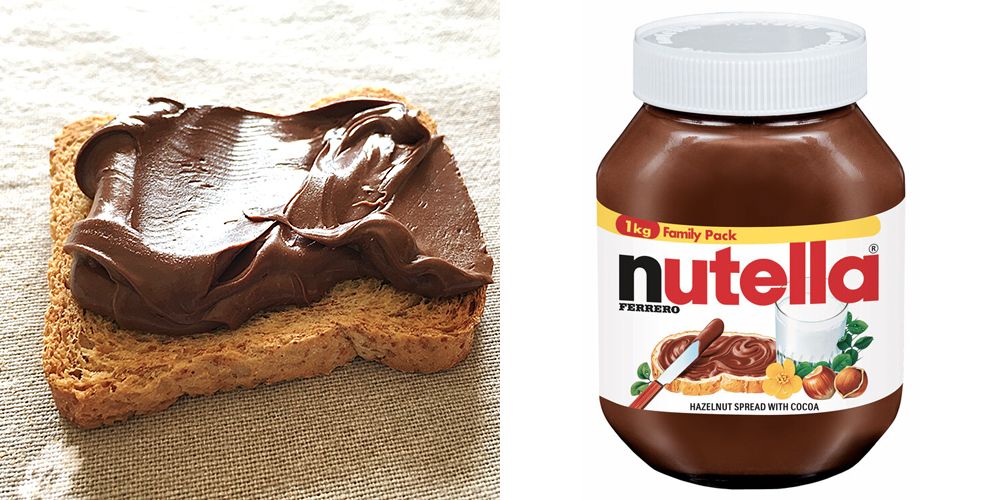Proteolytic enzymes, also known as proteases, are a group of enzymes that play a crucial role in the breakdown of proteins into smaller peptides or amino acids. These enzymes are involved in various physiological processes in the body and have been studied for their potential health benefits. In this comprehensive guide, we’ll explore how proteolytic enzymes work, their potential benefits, and natural food sources.
How Proteolytic Enzymes Work
Proteolytic enzymes work by catalyzing the hydrolysis of peptide bonds within proteins, breaking them down into smaller fragments. This process is essential for the digestion of dietary proteins, as well as for the turnover and recycling of cellular proteins within the body.
There are several types of proteolytic enzymes, including
Trypsin
Produced in the pancreas, trypsin helps break down proteins in the small intestine into smaller peptides.
Pepsin
Secreted by the stomach, pepsin plays a role in the initial digestion of dietary proteins in the stomach.
Bromelain
Found in pineapples, bromelain is a mixture of proteolytic enzymes that can aid in digestion and have anti-inflammatory properties.
Papain
Derived from papaya fruit, papain is a proteolytic enzyme that can help break down proteins in the digestive system.
Benefits of Proteolytic Enzymes
Proteolytic enzymes offer several potential health benefits, including
Digestive Support
Proteolytic enzymes aid in the digestion of dietary proteins, promoting better nutrient absorption and reducing digestive discomfort.
Anti-Inflammatory Effects
Some proteolytic enzymes, such as bromelain and papain, have been shown to possess anti-inflammatory properties, which may help reduce inflammation and alleviate symptoms of conditions like arthritis.
Wound Healing
Proteolytic enzymes play a role in tissue repair and wound healing by facilitating the removal of damaged or dead tissue and promoting the growth of healthy tissue.
Muscle Recovery
Proteolytic enzymes have been studied for their potential to reduce muscle soreness and improve recovery following intense exercise by speeding up the repair of muscle tissue.
Natural Sources of Proteolytic Enzymes
Proteolytic enzymes can be obtained from various natural food sources, including:
Pineapple
Pineapples are a rich source of bromelain, a mixture of proteolytic enzymes known for their digestive and anti-inflammatory properties.
Papaya
Papaya fruit contains papain, a proteolytic enzyme that aids in digestion and may have anti-inflammatory effects.
Kiwi
Kiwi fruit contains actinidin, a proteolytic enzyme similar to bromelain and papain, which helps break down proteins during digestion.
Ginger
Ginger contains the proteolytic enzyme zingibain, which can aid in digestion and may have anti-inflammatory effects.
Fermented Foods
Fermented foods like kimchi, sauerkraut, and miso contain natural enzymes, including proteases, that can aid in digestion and support gut health.
FAQs (Frequently Asked Questions)
Can proteolytic enzymes be taken as supplements?
Yes, proteolytic enzyme supplements are available in various forms, including capsules, tablets, and powders. These supplements are often used to support digestion, reduce inflammation, and promote muscle recovery.
Are there any side effects associated with proteolytic enzyme supplements?
While proteolytic enzyme supplements are generally considered safe for most people, some individuals may experience mild digestive discomfort, such as nausea or diarrhea, especially when taken in high doses. It’s essential to follow the recommended dosage guidelines and consult with a healthcare professional if you have any concerns.
Can proteolytic enzymes help with food allergies or intolerances?
Proteolytic enzymes may help support digestion and reduce symptoms of food allergies or intolerances by breaking down proteins more efficiently. However, they should not be used as a substitute for avoiding allergenic foods or addressing underlying food sensitivities.
Are there any dietary restrictions when taking proteolytic enzyme supplements?
Some proteolytic enzyme supplements may contain ingredients derived from animal sources, such as pancreatin. Individuals following a vegetarian or vegan diet should look for plant-based proteolytic enzyme supplements. Additionally, individuals with certain medical conditions or taking medications should consult with a healthcare professional before taking proteolytic enzyme supplements.
Can proteolytic enzymes be used topically for skin care?
Yes, proteolytic enzymes such as bromelain and papain have been used in topical skincare products for their exfoliating and anti-inflammatory properties. These enzymes can help remove dead skin cells, promote cell turnover, and reduce inflammation, leading to smoother and clearer skin.
Are there any interactions between proteolytic enzyme supplements and medications?
Proteolytic enzyme supplements may interact with certain medications, including blood thinners and antibiotics. It’s essential to consult with a healthcare professional before taking proteolytic enzyme supplements, especially if you are taking medications or have underlying health conditions.
Can proteolytic enzymes be beneficial for individuals with digestive disorders?
Proteolytic enzymes may provide relief for individuals with digestive disorders such as irritable bowel syndrome (IBS), bloating, or gas by aiding in the breakdown of dietary proteins and supporting overall digestive function. However, individuals with digestive disorders should consult with a healthcare professional before taking proteolytic enzyme supplements to determine if they are appropriate for their condition.
In conclusion
proteolytic enzymes play a vital role in digestion, inflammation regulation, and tissue repair in the body. Natural food sources rich in proteolytic enzymes, such as pineapple, papaya, and kiwi, can be incorporated into a balanced diet to support overall health. Additionally, proteolytic enzyme supplements may offer benefits for digestion, inflammation, and muscle recovery, but it’s essential to use them cautiously and consult with a healthcare professional if needed.
- How Bananas Affect Diabetes and Blood Sugar Levels - April 18, 2024
- Proteolytic Enzymes: How They Work, Benefits and Sources - April 18, 2024
- Is Nutella Healthy? Ingredients, Nutrition and More - April 18, 2024





